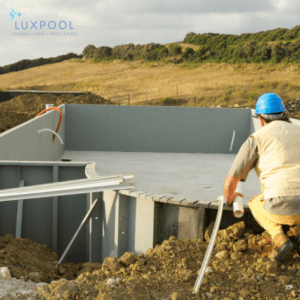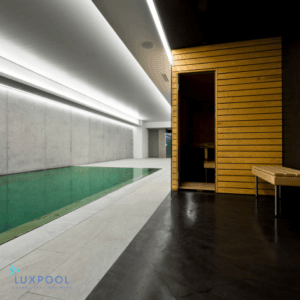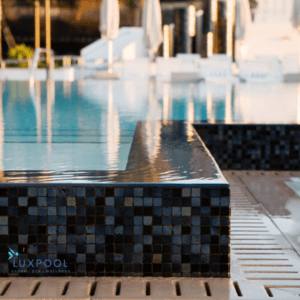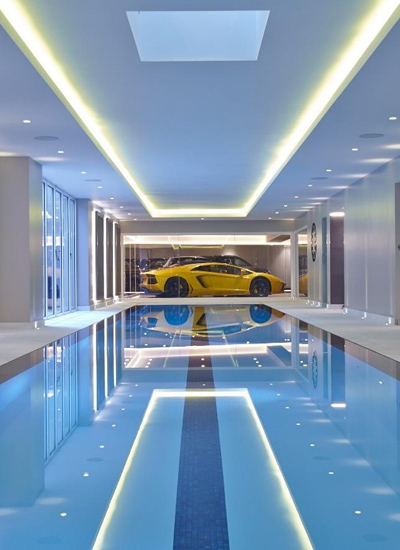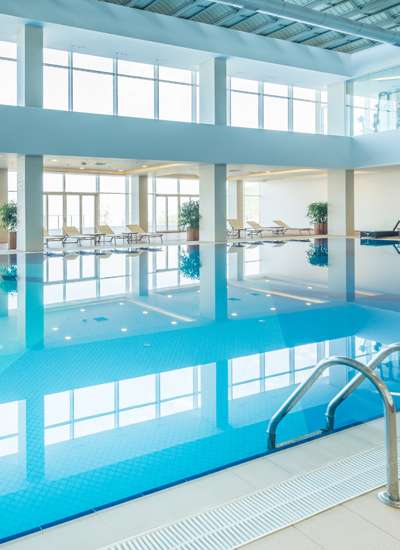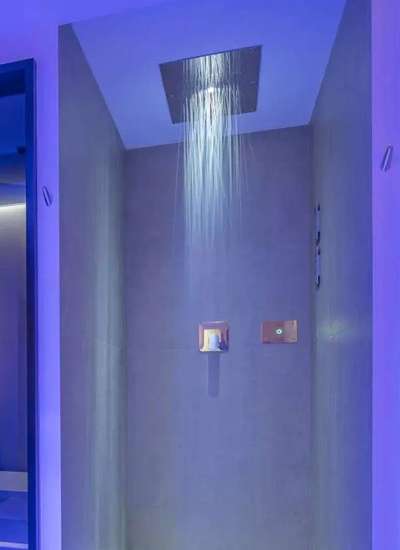The key to a clean and healthy pool lies in understanding swimming pool circulation. This can be quite challenging for most people who own or are in charge of maintaining swimming pools. Nevertheless, this basic principle must be learned at the earliest convenient time as it helps in ensuring a safe swimming environment that is free from diseases. In this blog post, we shall discuss why swimming pool circulation matters, how it works, and various ways to optimise your pool’s system. Irrespective of whether you are new to being a swimming pool owner or need to improve on your pool maintenance methodologies, this guide will offer priceless information.
Why Swimming Pool Circulation Matters
Swimming pool circulation is an integral process that enables you to clear water pollution from your basin. It entails constant movement of water via the filtration system of the pool that removes dirt while equally spreading chemicals and inhibiting the normal growth of algae or bacteria. A properly working circulatory system guarantees balanced chemical conditions by filtering all parts of the tank thus mitigating any possibility of standing water or dead spots.
How Swimming Pool Circulation Works
The pool pump begins with pulling water through skimmers and main drains out of a swimming area then through a filter removing impurities and debris. After filtering, the cleaner water goes back into the pool via return jets hence generating uniformity throughout.
Key Components of a Pool Circulation System
Pool Pump: The heart itself which moves water throughout the whole system
Skimmers: These help draw in debris from the top part/ surface of water thus cleaning it out
Main Drains: These are situated at the bottom to remove debris from there while also ensuring deep-water circulation
Filter: captures any dirt, debris or other contaminants inside blowing water.
Return Jets: Puts things back into operation by supplying the pool with enough fresh and cleaned water, this comes out as it is pumped in.
Tips for Optimizing Pool Circulation
Run Your Pump Regularly: For effective circulation, run your pump at least 4-6 hours per day during peak swim seasons. Thus, your pool waters can get filtered several times within twenty-four hours.
Clean the Filter: To avoid blocking and uphold an efficient filtration process, make sure you regularly clean or backwash it. Clean filters guarantee a proper flow of water.
Check Water Levels: The level of the water inside your swimming pool should be maintained at half-height distance from its opening to let skimming take place effectively against normal circulation.
Position Return Jets: Set return jets in such a way that water flows in circles thereby helping to distribute chemicals and preventing places where algae can develop, hence eliminating dead spots.
Regular Maintenance: You need to check all parts of the circulatory system for signs of wear and tear like leakages, ensure that pumps are working well and inspect skimmers or drains occasionally to identify any blockage points
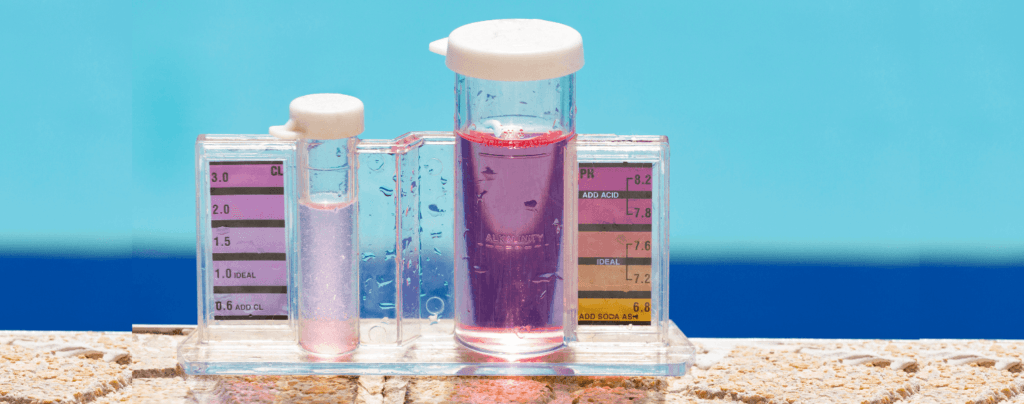
The Role of Chemical Balance in Pool Circulation
Effective pool services requires a chemical balance that is well-considered. With a properly balanced chemistry, chlorine among other sanitisers operates optimally killing bacteria as well as harmful algae growths. Keep checking your swimming area regularly based on which you will modify chemicals to keep your niche safe from health risks associated with unbalanced H2O chemical levels.
Common Problems of Flow and Their Solutions
Poor Water Flow: If you see weak water flow from the return jets, look for clogs in the filter, pump or plumbing lines. Cleaning or replacing the filter may fix this problem.
Air in the System: Air bubbles from the return jets generally mean a leak or loose connection in the pump or plumbing. Examine and tighten all connections while looking for any observable leaks as well.
Algae Growth: Inadequate circulation can lead to algae growth, especially at corners and along pool walls. Ensure your pump runs long enough each day and adjust the return jets for better water movement.
Conclusion
Knowledge about swimming pool circulation is very crucial if its cleanliness is to be maintained and also if it should remain safe and inviting for use by people. Algae growths, debris accumulation and unbalanced water chemistry levels are among common issues that can be avoided by ensuring proper circulation into swimming pools. This will help cleanse your pool water making it more clear throughout all seasons as well as make it ready for use whenever needed in most cases until winter comes again. Furthermore, when not sure what to do with your swimming pool system, contact Luxpool skilled provider who also restores pools, can also examine your facility and then give you advice on how to maintain its performance plus durability.





